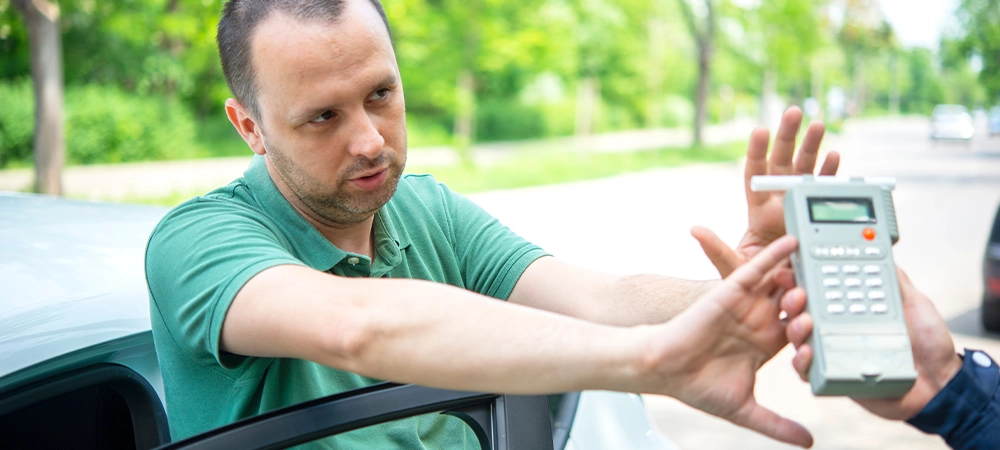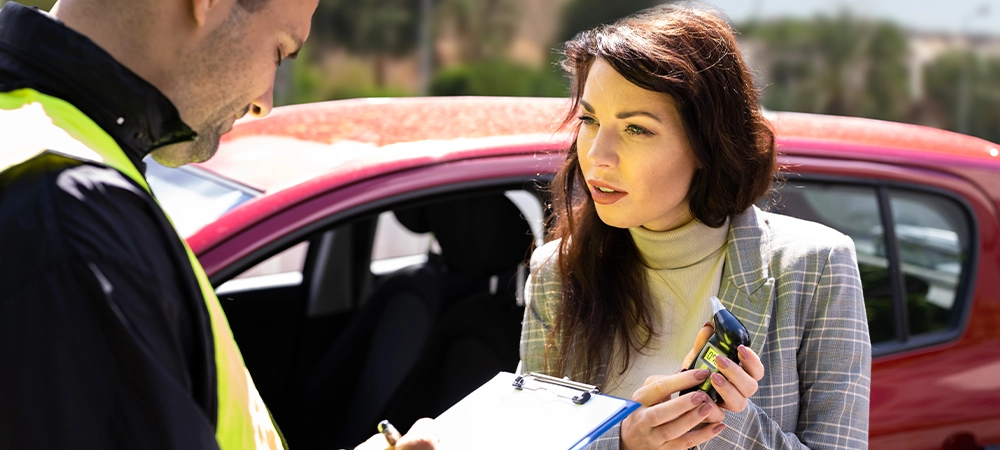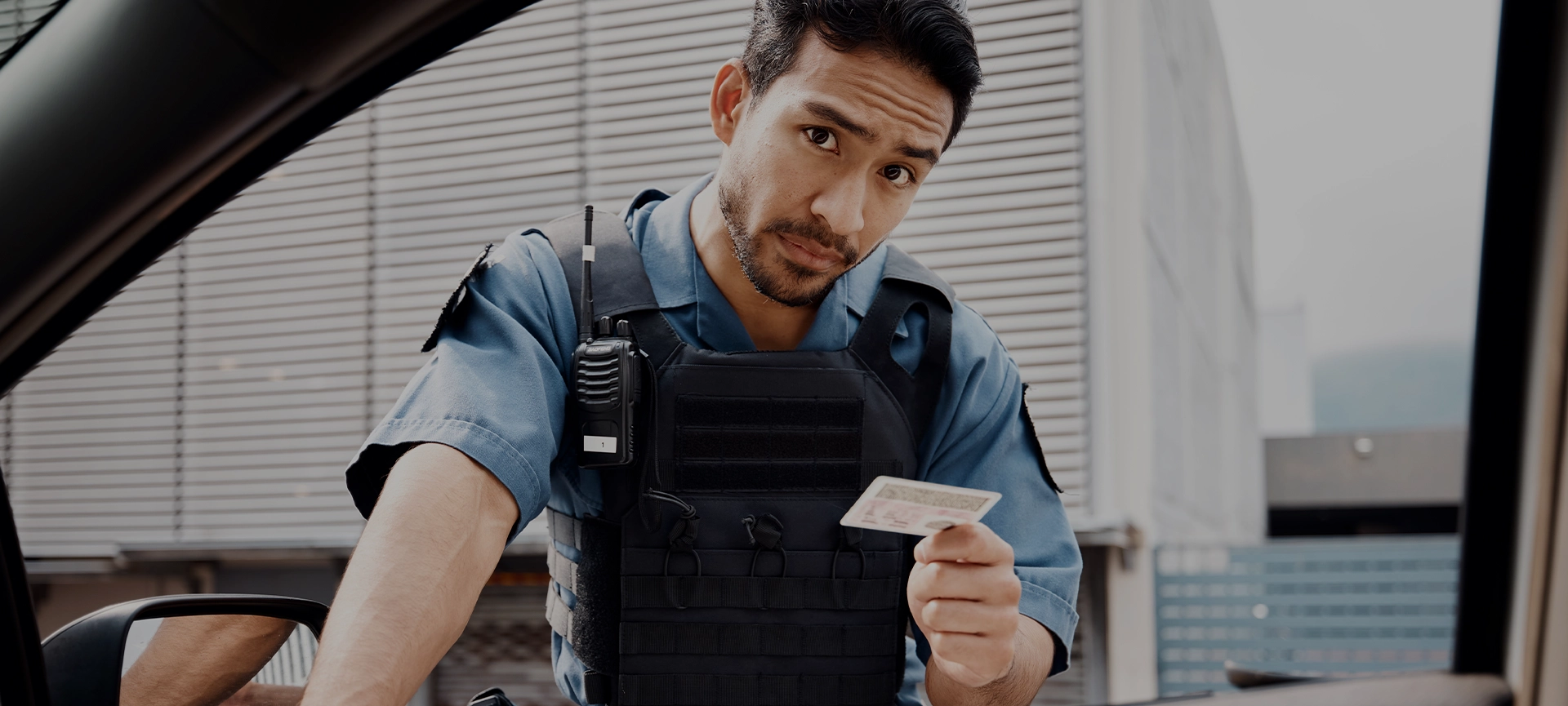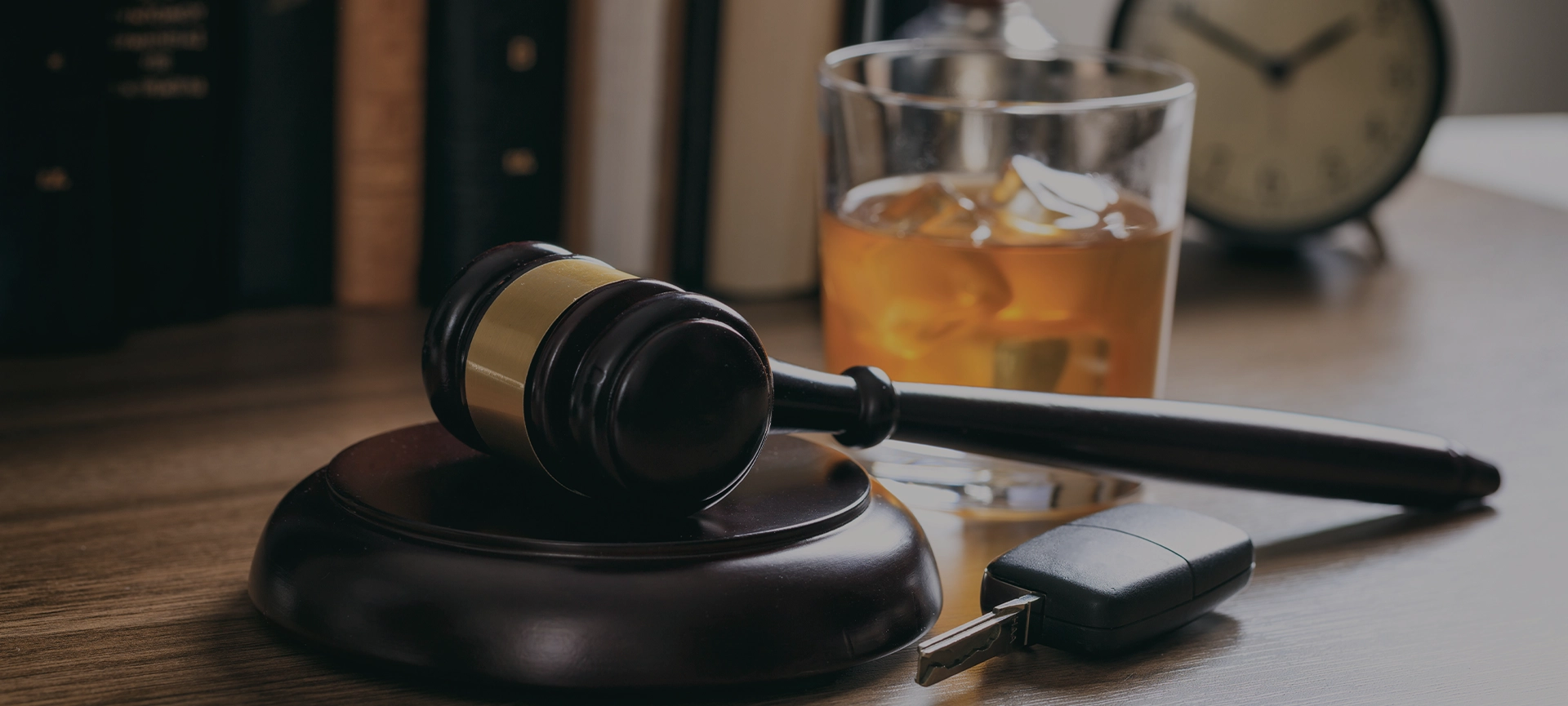Being convicted of a DUI in Canada has serious legal and personal consequences. Due to this, there is always the temptation to refuse a breathalyzer test if requested to do so. In the moment, it can feel as though it can be your best way to avoid punishment.
However, is that true, and what are the implications of doing so? That’s what we’re going to look at here. By the end, you’ll have a clear understanding of how refusing a breathalyzer will affect the outcome of an arrest.
Immediate Consequences of Refusing a Breathalyzer Test
First of all, it’s important to know what are the immediate consequences of refusing a breathalyzer test.
Criminal Charge – You cannot be physically forced to take a breathalyzer test, but if you don’t, you will be charged with a criminal offense. You will also get a criminal record.
License Suspension – Your license will be automatically suspended for 90 days. And if found guilty, the suspension will be extended for at lest one year.
Vehicle—Your vehicle will be impounded, usually for seven days. You will then have to pay a fee to release it from the impoundment.
Fines – You will be fined a minimum of $2,000 for failing to provide a sample. You’ll also need to pay an administration fee and for subsequent offenses, a mandatory jail term is applied.
Jail – depending on the circumstance you could be sentenced to a period of jail.
Related Article: https://www.agpllp.ca/the-consequences-of-impaired-driving-in-canada-why-its-important-to-hire-a-lawyer-for-court-in-ottawa/

Long-Term Consequences
Those immediate consequences can have a knock-on effect in the long-term. One of those is what we mentioned above, a criminal record. This can affect your reputation but it can also limit your employment and travel opportunities.
You’ll also notice a substantial increase in your car insurance. This increase will likely last for several years before you see your rates come back down to normal. You will also likely be placed in mandatory education programs, which can be both a time and financial burden.
There can be a personal cost, too. There is a huge taboo related to driving under the influence, and this can affect personal relationships with friends and loved ones. As the law does, many people will see a breathalyzer refusal as an automatic sign of guilt.
Should You Refuse a Breathalyzer Test
As you may have worked out by now, the answer is a clear no. There are many reasons why you should comply with a breathalyzer test. One of those is, of course, that you may be found to be under the legal limit.
Even if you are over the limit, you have a lot more options than if you refused to take the test. Refusing complicates the legal situation and will make it worse rather than better. There are no advantages to refusing to take a test.
If you take the breathalyzer and fail, that doesn’t automatically mean you’ll be found guilty. There are several ways an experienced lawyer can cast doubt over the case, and they can even find ways to reduce the charge to one of careless driving.
Related Article: https://www.agpllp.ca/how-can-a-dui-lawyer-reduce-dui-charges/
Potential Defenses for a Breathalyzer Refusal
It’s extremely difficult to have a defense against a breathalyzer refusal. However, here are some options that your lawyer will be able to explore.
Reasonable Excuse – On the face of it, this seems like a great way to fight the charge. You can claim that you had a reasonable excuse for not being able to take the test on medical grounds or another legitimate reason.
For example, you could have severe respiratory issues, which means giving a sample would be dangerous. You may also be mentally impaired, which caused the refusal, or you may have recently received oral surgery.
However, this can be a hard defense to claim. If you have a physical or mental condition so severe that you can’t provide a breathalyzer sample, then it’s likely you wouldn’t have been in a fit state to drive in the first place. But if you feel this may apply to you, speak with your lawyer.
Unlawful Demand – The police’s requirements to request a stop have recently been relaxed. However, if they did not have reasonable grounds to demand a test, it may be deemed unlawful and lead to the charges being dismissed,
Violation of Charter Rights – If the rights of the individual are violated during the arrest or breathalyzer demand, the evidence may be inadmissible. However, you have no right to legal counsel before the test, only once you have been arrested.

Final Thoughts
If you’re at the roadside and wondering whether or not to take a breathalyzer, then take the test. It keeps your options open, such as questioning the accuracy of the breathalyzer in court. By taking the test, you can avoid many of the instant consequences that come with a refusal.
If you have already refused a test, then you still have options to fight it. Either way, it’s important to lean on the expertise of an experienced lawyer to give yourself the best chance of fighting the case. If you need legal help, contact AGP LLP today, and we’ll see how we can help.





